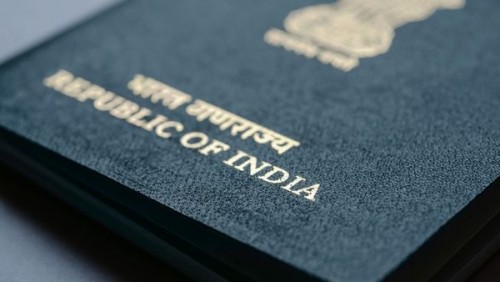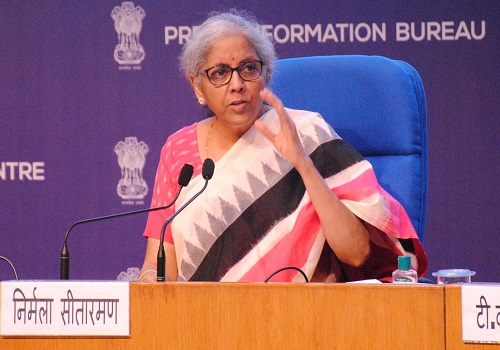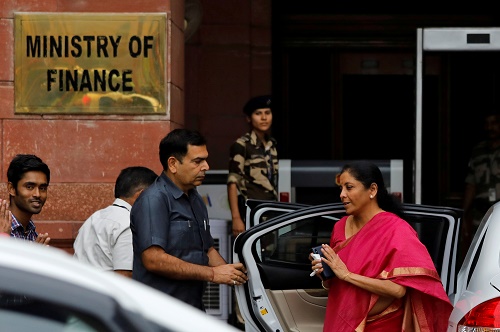Budget 2020: Expatriates working in India – Reconsideration on tax complexities

Follow us Now on Telegram ! Get daily 10 - 12 important updates on Business, Finance and Investment. Join our Telegram Channel
Follow us Now on Telegram ! Get daily 10 - 12 important updates on Business, Finance and Investment. Join our Telegram Channel https://t.me/InvestmentGuruIndia
Download Telegram App before Joining the Channel
The government’s focus on ‘Make in India’ and other steps towards ease of business has made India an important investment destination for multinational corporations. Such initiatives are likely to increase movement of inbound expatriates to India. This could be both for a short term and long term period. The inflow of mobile population to India has potential triggers from immigration, taxation and social security perspectives.
In the recent past, the government has made regular changes in visa requirements to attract talent and reduce compliance procedures. So far as taxation is concerned, there are tax exemptions and relief available for foreigners working in India. However, the Indian tax legislation does not provide for a comprehensive expatriate taxation regime. Consequentially, it increase uncertainties and tax compliance requirements.
A closer look at some of the under-mentioned areas would help create a more favorable climate for inbound mobility into India.
Short stay exemption – 90 days
Under the current tax provisions, salary received by a foreign citizen is exempt from tax if an individual’s stay in India does not exceed an aggregate period of 90 days in a tax year,. subject to the fulfilment of other prescribed conditions as well. Most of the Double Taxation Avoidance Agreements (DTAAs) that India has signed with countries provide for an increased threshold limit of 183 days which is availed by expatriate employees coming from such countries. However, expatriate employees coming from non-DTAA countries are subject to the 90-days threshold limit resulting in increased tax cost and compliance burden. Accordingly, the government can consider aligning the 90 days threshold limit, with 183 days.
Travel to home location
Currently, the income tax provision provides for an exemption on Leave Travel Allowance (LTA) to employees for travel made within India. Such exemption is not available for overseas travel and gets fully taxed. The expatriates under their international assignment arrangements are normally entitled with to and fro travel to their home country in a year during their assignment tenure. The travel costs borne by the employer directly/ indirectly, are taxed in the hands of expatriate employees as a perquisite. The government could consider extending LTA benefits for international travel by expatriate employees to their home countries.
Taxability of Stock Options
Currently, stock options are subject to tax at the time of allotment of shares, taxable value being excess of fair value of shares over the exercise price. In case of mobile employees who qualify as Non Resident (NR) / Not Ordinarily Resident of India (NOR) and exercise stock options, only pro rata value in respect of days spent in India during the period grant to vest, should be subject to tax in India. The income tax legislation does not lay down any specific provision governing the pro rata taxability of stock options in case of such mobile employees. To avoid any ambiguity, a specific provision for pro rata taxation of mobile employees qualifying as NR/NOR would be welcomed.
Taxability of overseas social security contributions
Typically, during the assignment period, the home country employer and the expatriate employees continue to contribute towards home country social security schemes. In most of these cases, such contributions are mandatory by nature and may not vest in the hands of the employee at the time of making contributions. For taxation of such contributions, reliance is placed on prevailing judicial rulings. A specific provision in the tax legislation on taxability of employer contribution to overseas social schemes and deductibility of employee contribution would provide clarity towards taxability of such contributions.
The expatriate taxation is a complex area and some of the afore-mentioned changes would go a long way in reducing any ambiguity around tax compliance, and at the same time will serve the government’s objective of promoting ‘Ease of doing business in India’.
Poorva Prakash is Senior Director, Deloitte India.
Anurag Jain is Senior Manager, Deloitte Haskins and Sells LLP.










Top News

JSW Energy trades jubilantly on entering into MoU to set up hydro pumped storage project in ...


 320-x-100_uti_gold.jpg" alt="Advertisement">
320-x-100_uti_gold.jpg" alt="Advertisement">







